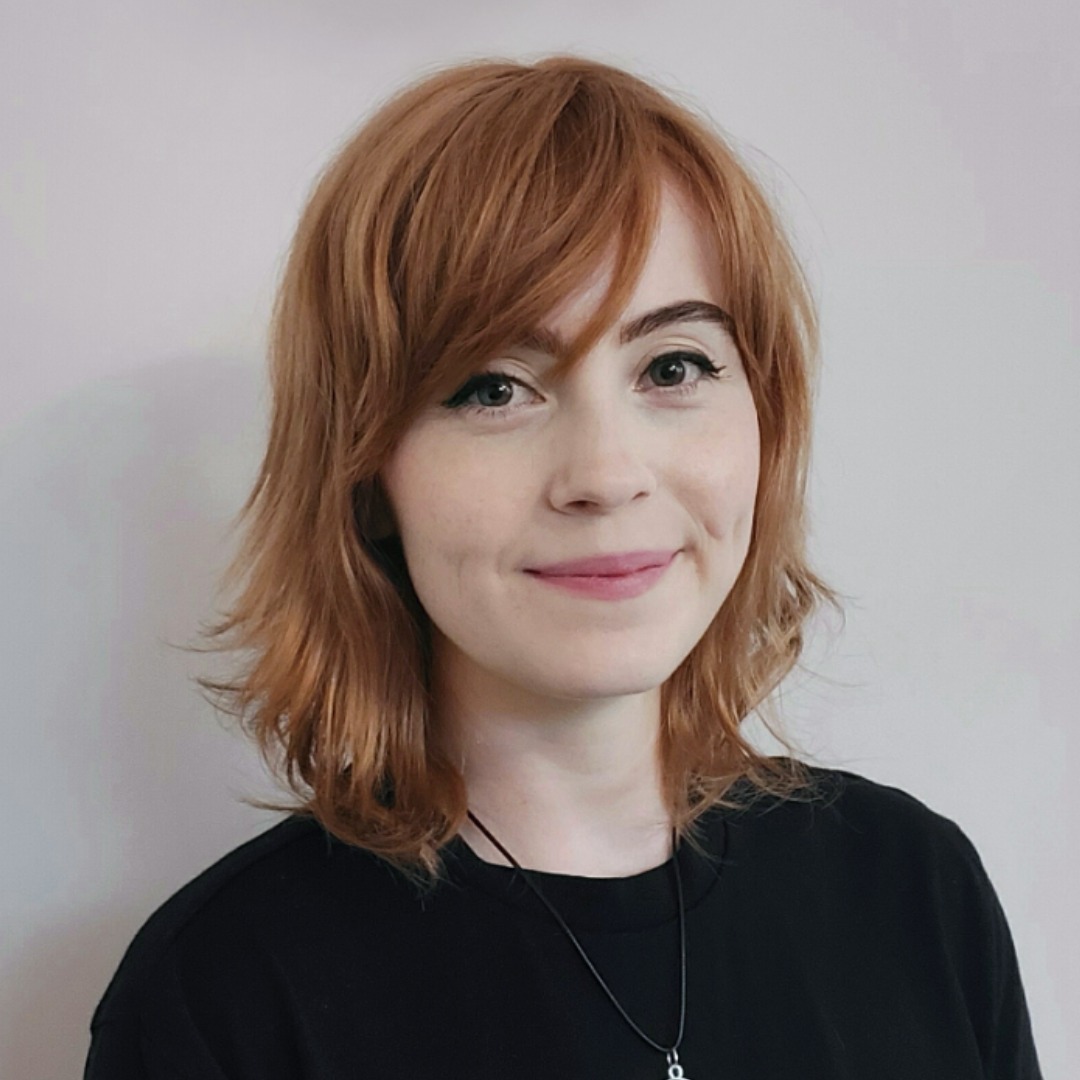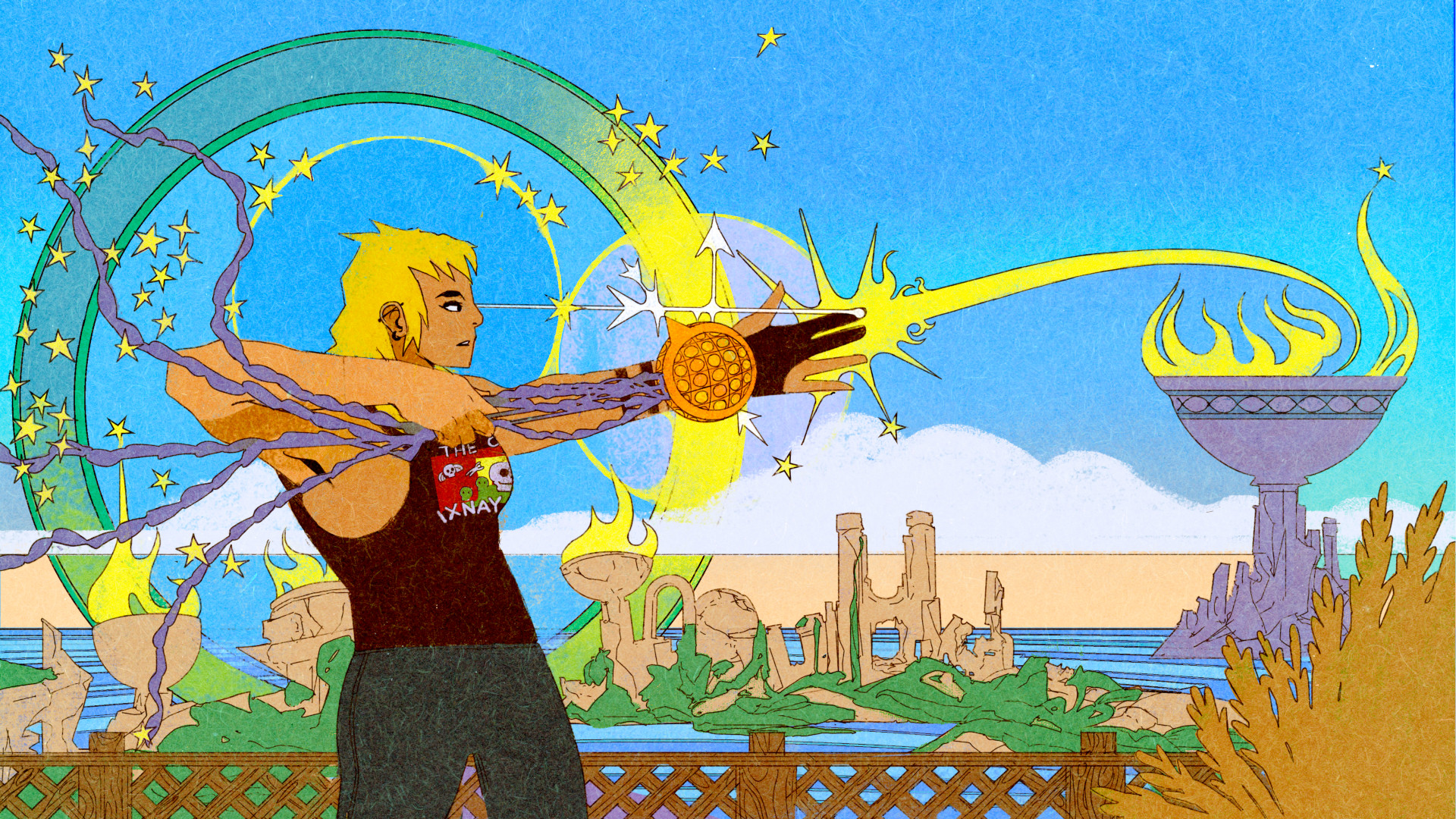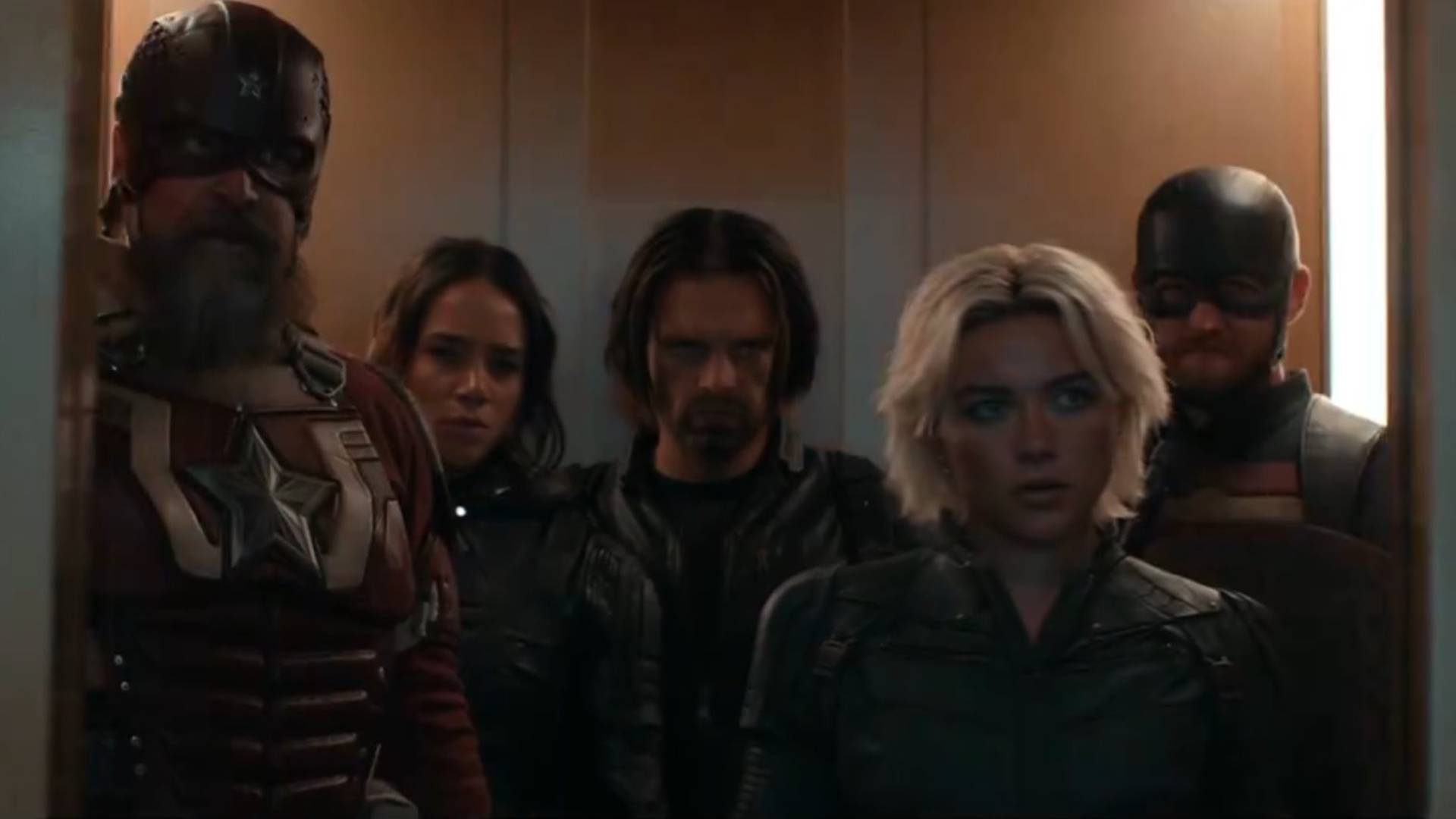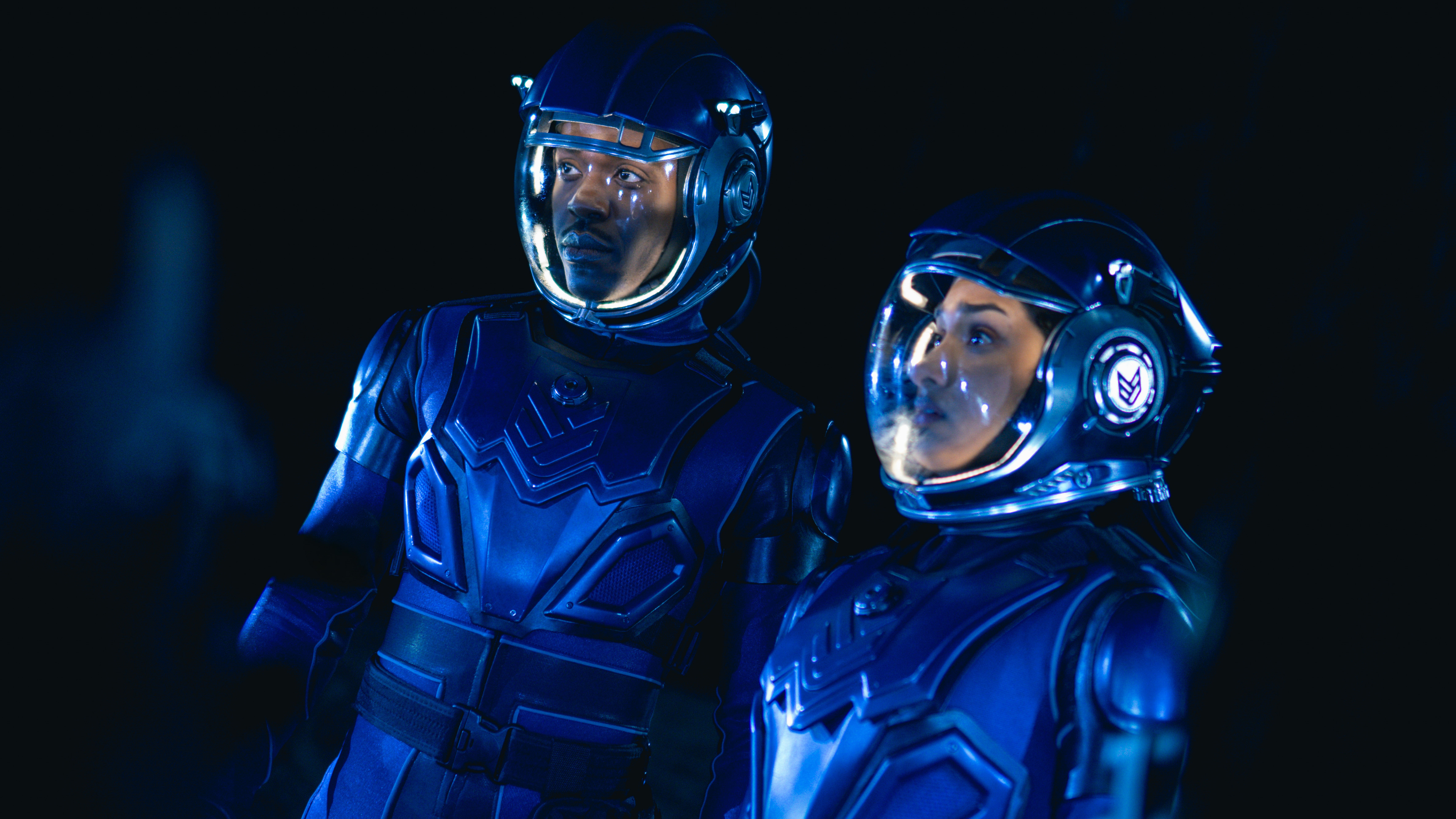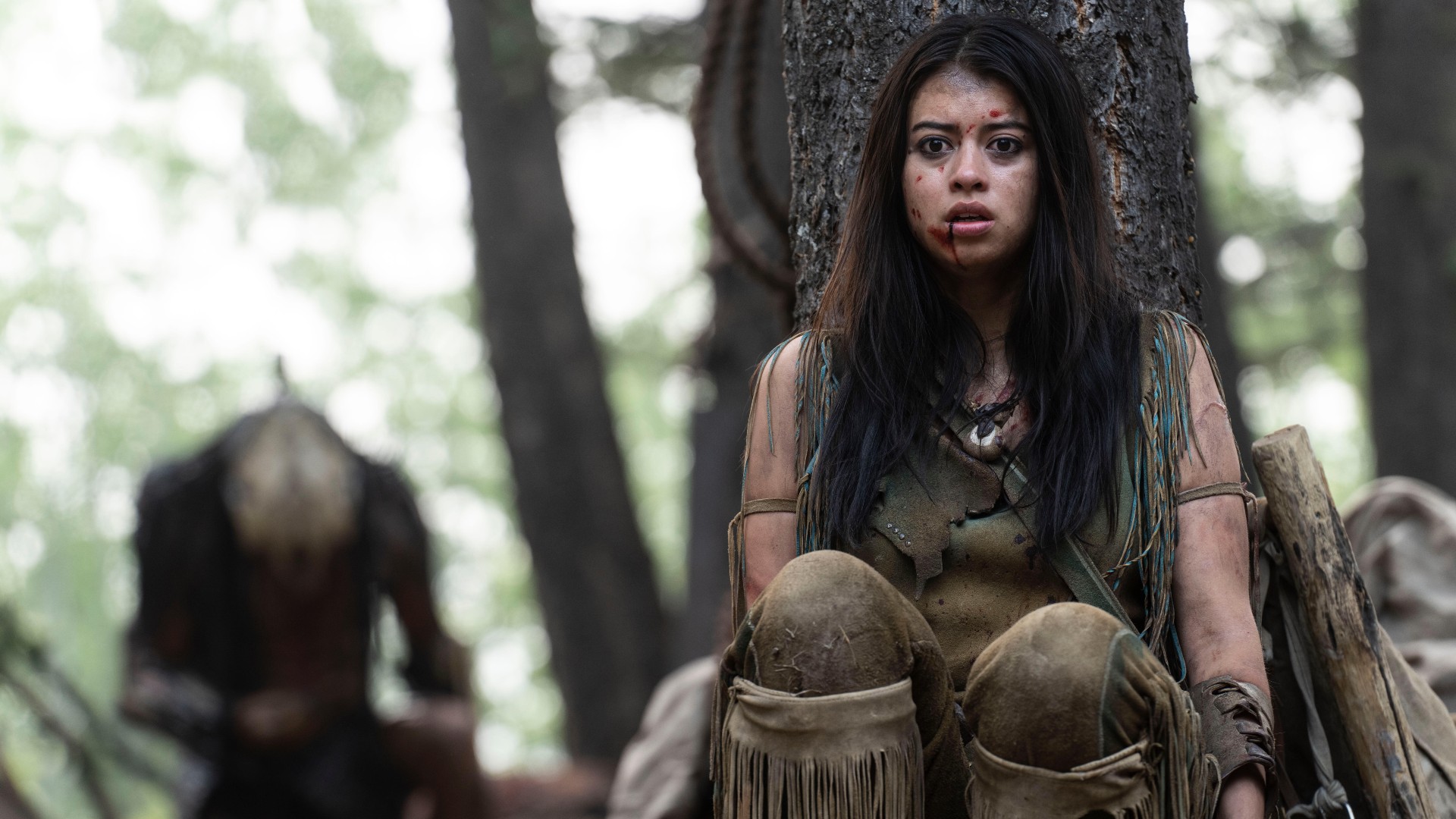
Making Prey, the latest installment in the ever-expanding Predator series, was not without its challenges. And yet, differentiating the movie from its predecessors was not the insurmountable obstacle director Dan Tractenberg was expecting.
Inspired by Mad Max: Fury Road, Jurassic Park, and Jaws, the filmmaker takes things back to basics with the new action flick, setting it 270 years before the events of the 1987 original – and it’s all the more refreshing for it. Prey centers on Naru, a young Comanche warrior who is determined to prove herself as good a hunter as her brother and his friends. Having grown tired of her supposedly hindering efforts, the men dismiss Naru when she insists she’s noticed something strange killing off animals near their camp, which sets her off on a lone mission to protect her tribe from the formidable new threat.
Ahead of the movie’s premiere on Disney Plus (UK) and Hulu (US), Total Film sat down with Trachtenberg to talk about the more difficult aspects of making the film – working with real animals on set and the movie's lack of dialogue – to casting Amber Midthunder in the lead role, freaking out about designing his own Predator, and remembering the advice J.J. Abrams gave him while making 10 Cloverfield Lane. He also touches on the importance of Prey being released on the streaming platforms with a Comanche dub, and why his creature is "more ferocious" than those that came before...
This interview has been edited for clarity and length.
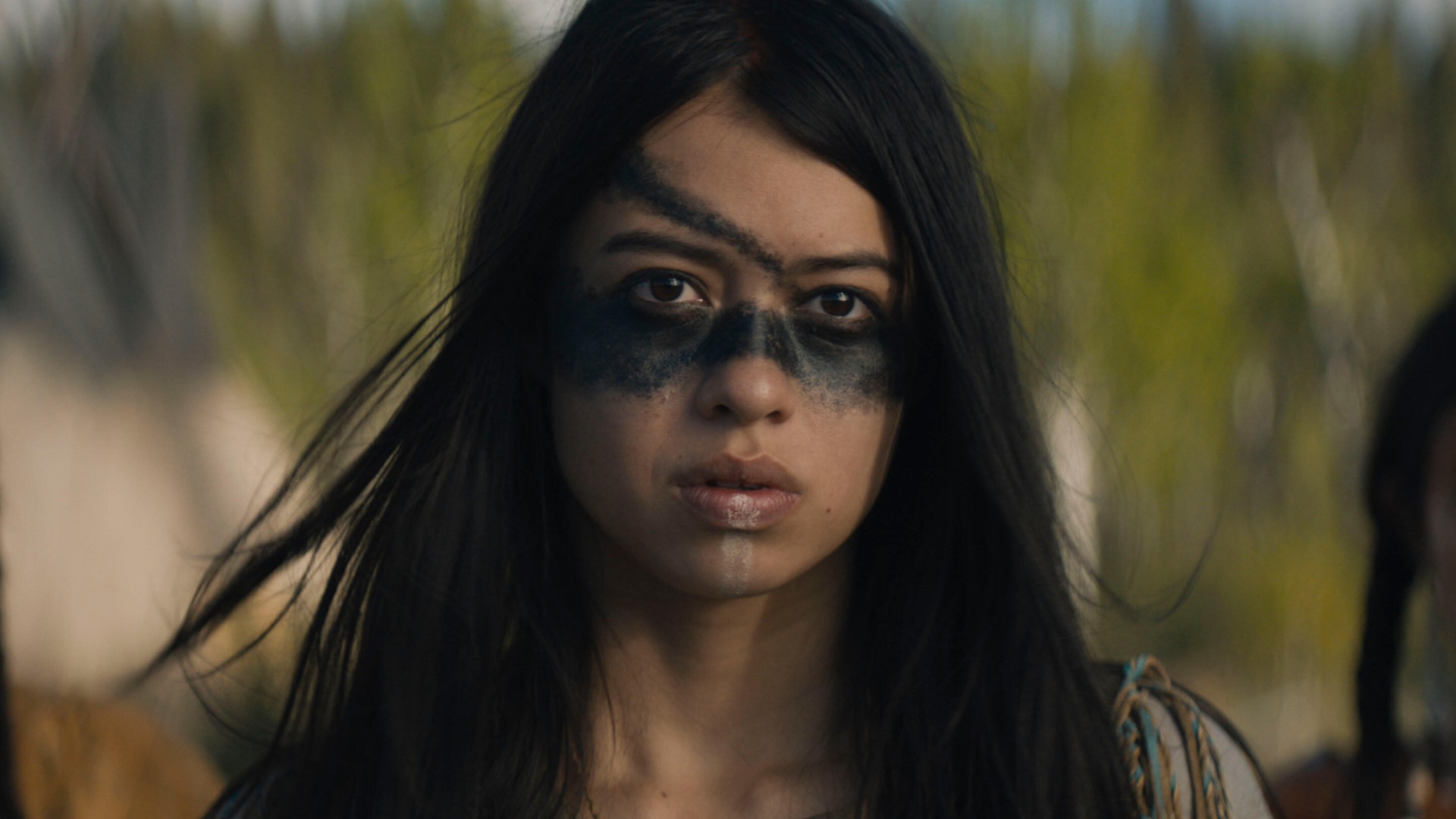
Total Film: I wanted to ask about the design of the Predator, and what the process of finding its latest look – the skull mask – was like. Did you ever have a moment where you were like, "Oh my God, I'm designing my own Predator?!"
Dan Trachtenberg: 1000%. I've worked on other movies with creatures in them, and you often reference other famous movie creatures, but with this, it was like, "Oh, I'm not referencing Predator, I'm not just designing an alien creature, we're making the Predator. It's happening." It was terrifying and flippin' amazing at the same time. You mentioned the skull mask... That was one of the earliest ideas. We wanted to suggest that our creature was much more ferocious. It's a little bit stripped down, but still embraces the code that we know a Predator to hunt by – it's a trophy hunter. We just thought, "Wouldn't be cool if it wears its trophy on its face rather than just on its hip?" I think we happened upon something very exciting, though, and that's that we kept the mandibles exposed, which are so iconically Predator, and it allowed us to still be engaged with the emotionality of the Predator even while it was masked, which is something that the other films never got a chance to do. So, yeah, I loved designing this creature.
Prey has been in the making for a while. I read that you first pitched it just before they started making The Predator (2018)? Can you talk a little about its journey to screen, and why you wanted to make a Predator movie?
Sign up for the Total Film Newsletter
Bringing all the latest movie news, features, and reviews to your inbox
Several things were driving me towards making this. I was very inspired by Mad Max: Fury Road for finally throwing the gauntlet down and saying, "You can make a movie that is all action and it still be a great film." I was also drawn to that challenge. Could I make a movie that is primarily told through action, but also have some emotionality to it? So I thought, "Well, maybe if I could take the engine of a sports film and inject it into this movie, it could really have heart." And rather than see another story about someone surviving against the elements, what if they're up against one of the most formidable opponents? So all of that kind of fused together into the core of this film.
And not only does Naru, the protagonist, come up against the Predator, she faces obstacles from within her tribe, too, because they pretty much doubt her until it's too late.
Absolutely. We were really clear that we wanted the movie to already feel dramatic and compelling before the Predator even gets involved in the story. Then when the Predator does show up, it doesn't switch gears, it only enhances because the way that the Predator hunts really connects to the theme of this movie – it's a creature that's looking for the Alpha, looking for who's on top, and her not really being counted among them is a huge part of it.
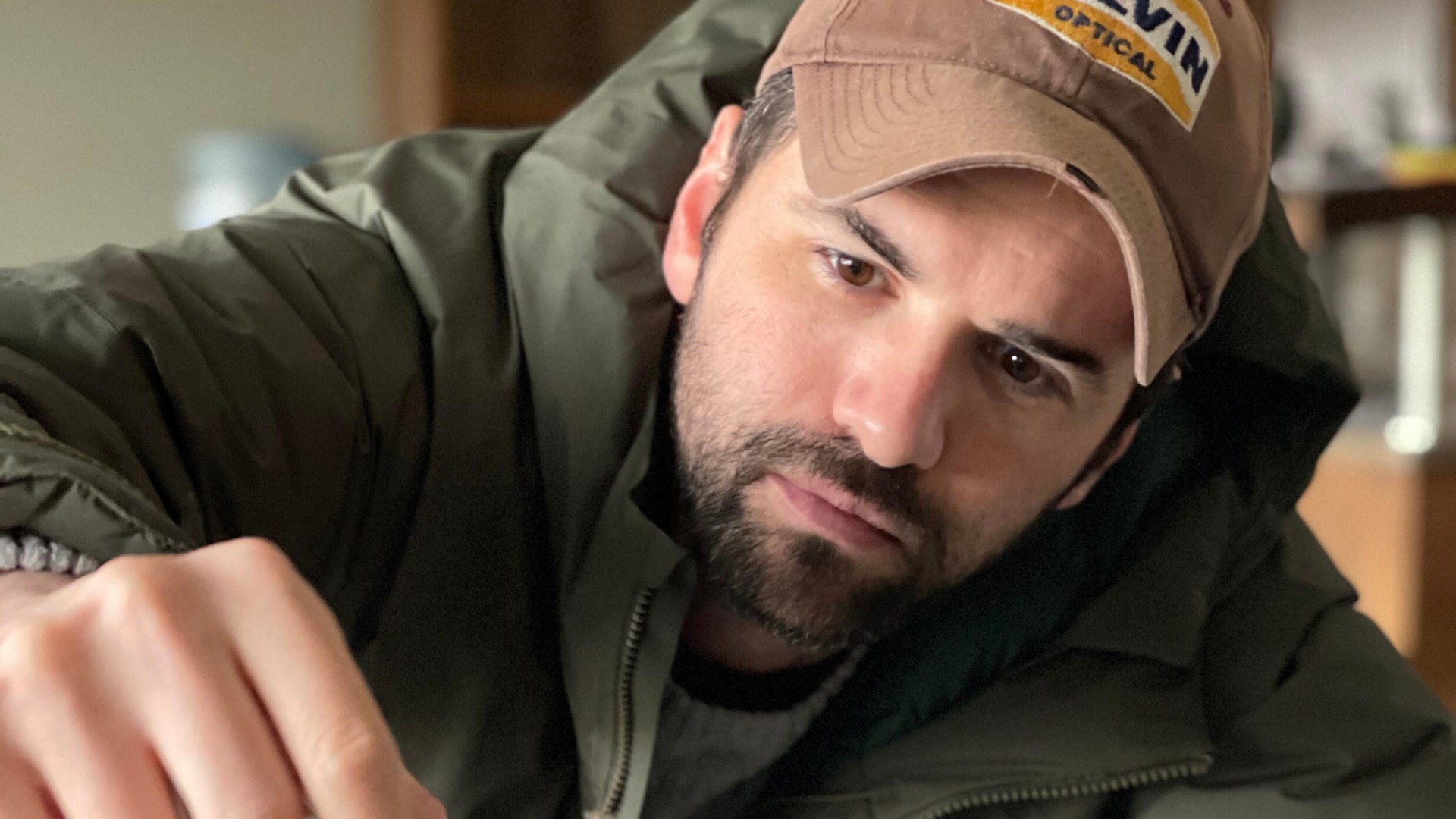
10 Cloverfield Lane is technically a sequel to an existing monster movie, while this is a prequel. Was there anything that you learned on that film that directly influenced something on this? I mean, there's probably more things than you can count but is there anything specific that comes to mind?
One of the biggest takeaways from that experience was... well, we had to reshoot some things for that and most of what we wanted to get were reaction shots. And J.J. [Abrams] was like, "I always forget to get reaction shots. You're so consumed with getting all the elements to a set piece, sometimes you lose the most important thing." So I was obsessed this time around about getting everything we need. It's so essential to really make an action scene not just feel exciting but frivolous, you've got to really make it feel rooted in the characters' experience. You need to get those reaction shots. It's such a simple notion and sometimes the most obvious thing can escape you, and so I was comforted that I'd made the same mistake that J.J. sometimes makes, or perhaps had made early on in his career and that he'd learned from. That lesson really propelled me to take this movie a little more seriously.
It's interesting that you say that, because you're working with an antagonist here who is invisible most of the time. So you sort of have to focus on the reaction. What were the biggest challenges of having an enemy that you can't really see?
There's this funny thing in that, a lot of people argue that what makes Jaws such a great horror film is that you don't see the shark. Everyone making a thriller or a horror film always says, "It's all about what you don't see." I really see it as the opposite. I think it's about what you do see. The thing I always thought was remarkable about Jaws was that we get that point of view shot, that we see the buoy moving and being pulled. In Jurassic Park, it's not that we don't see the T-Rex for so long, it's that we do see the cup vibrating. It's about finding those moments of things that we do see. So that idea really fuelled stuff like our tallgrass sequence, where the grass is moving and you know what that implies; you see the trail of blood coming towards them, and you know what that implies. So, I really enjoyed really honing in on how even the Predator in cloaked mode can be a lot of fun and intense for the audience.
Can you talk a little bit about working with Amber, and how she came to be cast in the film?
Man, so much of this movie is nonverbal and expressed through action, and when she auditioned, we did a version of the scene between her and her mother without any words. She could only communicate through her eyes and her behaviors, and it was such a moving experience watching that performance. There was sort of a physical component to her audition, too, and she just never stopped digging into the emotional beats, even when she was just like crawling and running and jumping over some mats stacked up. She was really an obvious choice.
Working with her was a lot of fun, too. She's a good hang, and it's so essential to moviemaking, to have a great experience. Not only is it just a good thing to be in a positive work environment, but it just breeds creativity when people feel comfortable and are excited about having ideas and making things better. Amber was constantly finding ways to make the movie better, and I think she delivers a really incredible emotional and physical performance.
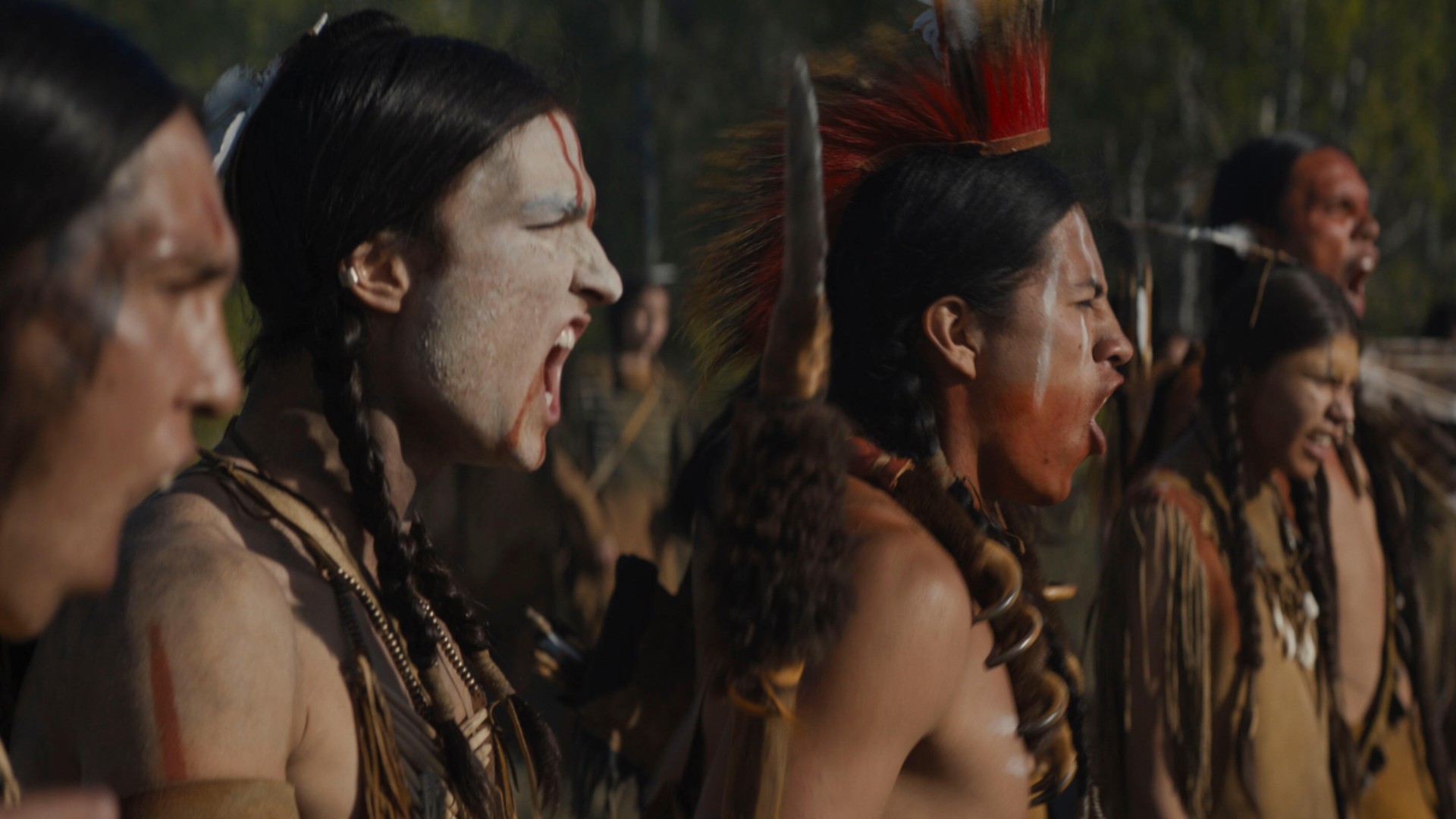
Can you talk a little bit about working with the animals? You have the dog in there, and you've got some rabbits and a wolf, right? What was that like?
The wolf was like a hybrid-wolf dog and yeah, we did have a rabbit and we did have that dog (laughs). The writer Patrick Aison and I were very inspired by Fury Road, and Road Warrior is one of my favorite movies as well, and I love the image of Mad Max and Dog and love the dog in that film and love that idea. We knew that so much of the movie was just going to be Amber out there on her own, we wanted to give her a little buddy but we did not realize that it would be so challenging to work with such a joyful and spirited little animal on set. But I think that's the other part of the movie; that bond, that kinship between them. As we went on, as much as we were trying to find a way to get the dog out of the scene because he was so hard to work with, we actually ended up giving him more to do because it just started to become so clear that scenes were getting better with him. Even in some action scenes, the dog gets to participate in fun ways. It ultimately was a good time, though quite challenging, for sure.
This is being released with a Comanche dub, which seems like a benefit of it going straight to streaming. What does that mean to the movie, and what does that mean for you as well?
The initial intention was to have the film done in Comanche. So in some regard, it's like, "Okay, cool. there's a version of this movie that is without any artifice". It's like, "This is how it would sound and how it would be." Not a lot of people speak Comanche and this could almost be like a teaching tool, to encourage people to continue to learn that language and that it's captured. So much Native American history, so much Comanche history is oral. So, to have a tool now, that solidifies something and makes it permanent is so cool. Movies are forever – for as long as we have technology, anyway. So, I think it's wonderful to have it, and to fully represent the culture and the peoples that we're portraying.
Prey is set to premiere on Disney Plus on August 5 in the UK, and on Hulu in the US on the same day. If you've already penciled its release date onto your calendar, then check out our list of what other upcoming movies are heading our way in 2022 and beyond.
I am an Entertainment Writer here at GamesRadar+, covering all things TV and film across our Total Film and SFX sections. Elsewhere, my words have been published by the likes of Digital Spy, SciFiNow, PinkNews, FANDOM, Radio Times, and Total Film magazine.
